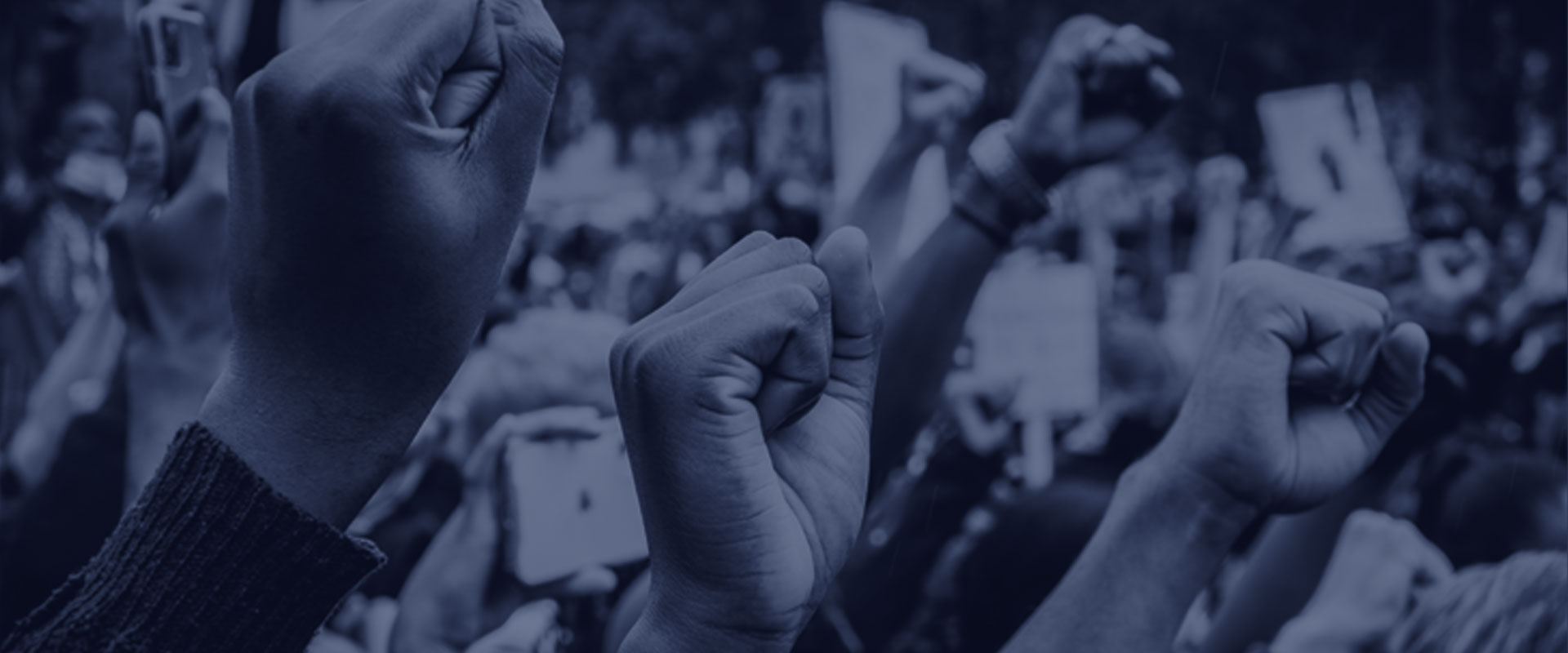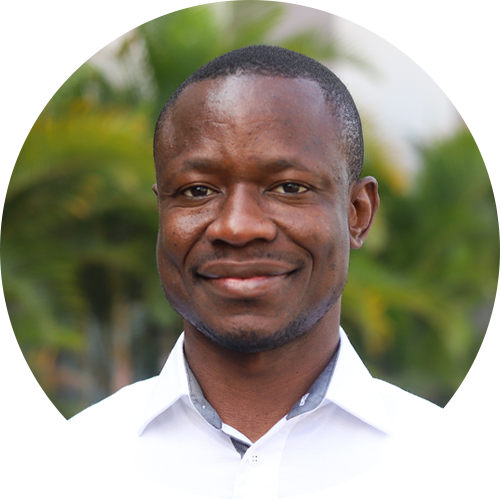This year, over four billion people in more than 40 countries have already or will be going to the polls. As anti-rights groups intensify their efforts to roll back progress on gender justice, LGBTQ+ rights, and access to abortion and reproductive health care, the stakes have never been higher.
“Since the demise of Roe v Wade, anti-rights groups have ramped up their efforts, with far-reaching implications on human rights,” warns Anu Kumar, Ipas president and CEO. “At Ipas, we believe the right to abortion and bodily autonomy is intimately connected to other human rights. Human rights are universal and indivisible, so undermining any right poses a grave threat to human rights as a whole.”
Over the past two years, Ipas teams have documented real-life harms in the United States—as well as a ripple effect of emboldened anti-rights activity in countries around the world.
Just like in other countries that have banned abortion, in the U.S., the harms have been wide-ranging: Pregnant people arrested after a miscarriage or for allegedly self-managing an abortion with pills. Medically necessary abortions denied and women’s health and lives endangered. And even IVF is threatened.
Anti-rights advocates and lawmakers responsible for abortion bans in the U.S. also have their sights set on dismantling human rights on a global scale. Ipas’s gender and human rights monitoring team is closely tracking Project 2025, crafted by the Heritage Foundation, an influential right-wing legal organization based in the U.S. This extensive plan to upend democracy is outlined in a detailed 900-page roadmap and it explicitly states that overturning Roe v. Wade “was just the beginning.”
“Project 2025 aims to dismantle the guardrails protecting our democracy, and by extension, access to human rights, and in particular sexual and reproductive rights and LGBTQ+ rights,” says Gillian Kane, Ipas director of policy and advocacy, who leads Ipas’s anti-rights monitoring work. “Abortion rights, gender equity, LGBTQ+ rights, ‘woke culture,’ and funding for multilateral organizations like the United Nations are among its targets. The implications of this plan are profound and far-reaching.” (Learn more in Ipas’s report Project 2025: An anti-gender promise to upend foreign assistance and multilateralism.)
“Project 2025 aims to dismantle the guardrails protecting our democracy, and by extension, access to human rights, and in particular sexual and reproductive rights and LGBTQ+ rights.”
Anti-rights actors are gaining traction—and causing harm right now
But anti-rights politicians and organizations across the globe aren’t waiting for Project 2025 to take hold. They’ve been gaining traction steadily, and far-right wins have had drastic impacts on sexual and reproductive health and rights—often rolling back hard-fought gains.
On LGBTQ+ rights
In Uganda, draconian anti-LGBTQ+ legislation has been enacted, influenced by meetings with figures like Sharon Slater of Family Watch International. The law is being challenged by Ugandan human rights activists, journalists, religious leaders, academics, and lawyers. (Learn more in Ipas’s report Pulling Back the Cover: The roots, relationships and rise of Family Watch International.)
Ghana’s parliament approved an anti-LGBTQ bill, introducing a maximum prison term of five years for actively promoting, sponsoring, or supporting LGBTQ+ activities. Previously, homosexual acts carried a penalty of up to three years’ imprisonment. (Learn more in Ipas’s report Out of Bounds: Foreign and digital influence targeting LGBTI rights in Ghana.)
Weaponizing “child protection” to limit rights
Across the globe, our staff are witnessing thinly veiled anti-rights advocacy for “child protection” that attacks comprehensive sexuality education and transgender rights and seeks to lend credibility to already established “parents’ rights” organizing by anti-rights groups.
Increased pressure on international and United Nations fora
Ipas and our partners who advocate for sexual and reproductive rights in international spaces are documenting within United Nations spaces such as the Commission on the Status of Women (CSW), and even in unexpected places where issues such as food security or UN administration are being debated. (Learn more in Ipas’s report Mission Creep: Expanding attacks on gender threaten the United Nations.)
“These actors aim to systematically chip away at protections for human rights, gender rights, LGTBQ+ rights, abortion rights and more in these spaces. This growing challenge demands urgent attention and action to safeguard hard-won gains in gender equality and human rights,” says Jamie Vernaelde, a senior researcher with Ipas.
“This growing challenge demands urgent attention and action to safeguard hard-won gains in gender equality and human rights.”
Ipas’s response
As anti-rights leaders vie for power in countries around the world in 2024, what’s at stake isn’t simply about winning elections—it’s about safeguarding the very essence of democracy and human rights. Ipas’s global gender and human rights monitoring team is working to counter anti-rights efforts by tracking transnational trends and strategically sharing information with partners, the media, researchers and allies—with the goal of protecting human rights for everyone.
“There’s so much that needs to be done to fight the anti-rights movement,” says Kane. “Ipas is sharing the truth about what’s going on and what’s at stake. Progressive leaders and grassroots movements and human rights champions are well-positioned to boldly condemn the activities of anti-rights groups and demand full human rights protections for all.”
Learn more about how we’re sharing the truth about anti-rights movements.
An election that could shape women’s rights worldwide
Oct. 31, 2024
The current election in the United States is one of the most critical elections for the future of women’s rights, sexual and reproductive rights, and the right to safe and legal abortion.
The toughening of laws that began with the Dobbs decision set a detrimental direction; and this election will decide the fate of women in the U.S. and worldwide. The previous administration’s restrictive decisions have affected millions of women and girls, some of them in complex humanitarian situations due to war, climate change, and pandemics. Read more.



